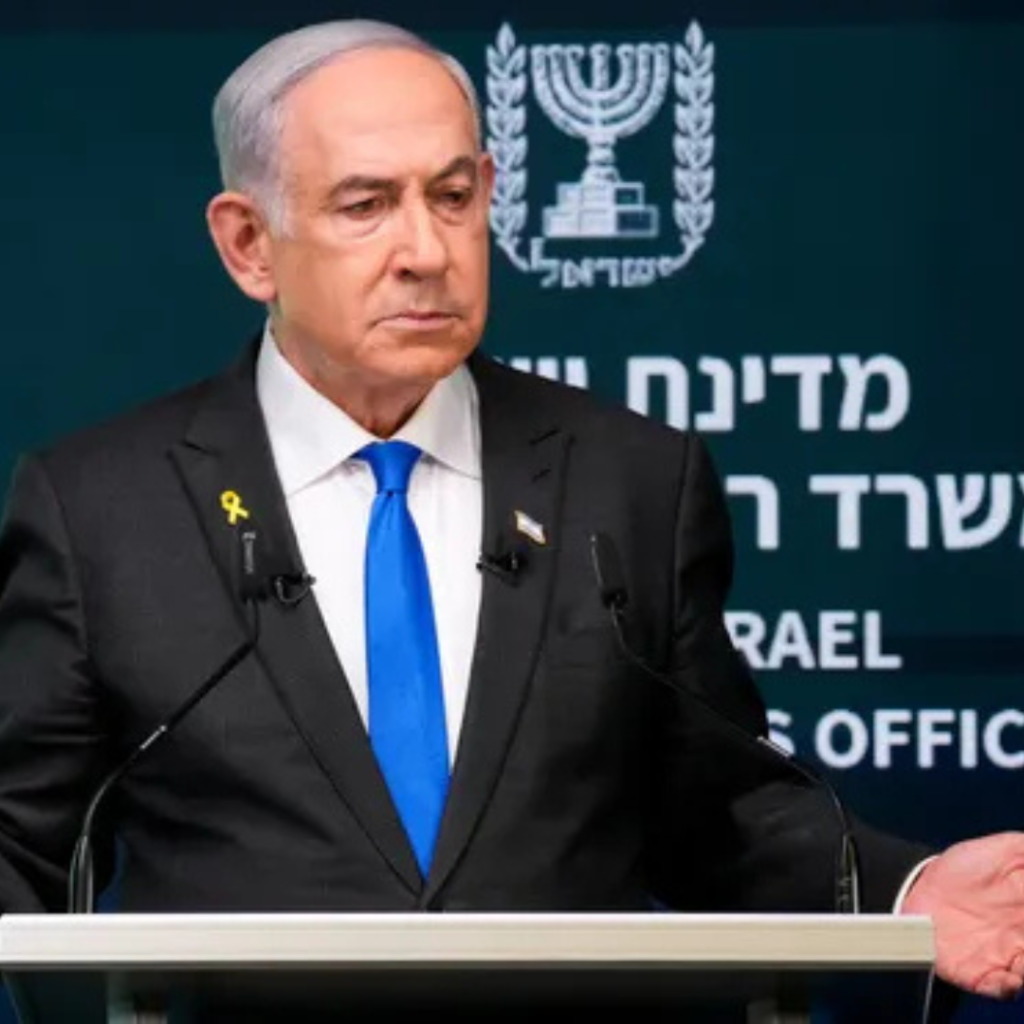Information
Prime Minister Benjamin Netanyahu has confirmed that he authorized a targeted attack in September on Hezbollah’s communications devices in Lebanon. According to reports from a recent Cabinet meeting, Netanyahu acknowledged approving the operation despite some objections from senior defence and political officials. This admission marks the first explicit confirmation of Israeli government involvement in the attack, though speculation around Israeli responsibility had been strong. The operation was part of Israel’s broader strategy to disrupt Hezbollah’s communication channels, particularly as the group was using older technologies like pagers to avoid Israeli detection and espionage.
The pager attack, which targeted Hezbollah’s outdated communication devices, was highly destructive, killing 39 and injuring more than 3,400, per Lebanese sources. This incident was followed by an attack on Hezbollah’s walkie-talkie systems and culminated in the assassination of Hezbollah leader Hassan Nasrallah on September 27 in a separate Israeli strike on southern Beirut. Following Nasrallah’s death, Israel escalated its actions with ground operations in southern Lebanon, beginning on October 1, marking an intensification of hostilities between Israel and Hezbollah.
Source: AFP, AP, dpa, Reuters
So what
It is common for plans, especially ones this targeted, to require sign-off from the higher levels of government. However, it is possible that he was not aware of the degree to which the attack would be carried out. If this was the case, it is unlikely he would ever admit it, noting the attack’s success. It is likely that this situation would be different if the attack was a failure; as the old saying goes, operations success or intelligence failure.
Follow us to join the intelligence community!
For this story and more, check out “The Intel Brief” podcast on Spotify and Apple Podcasts!

